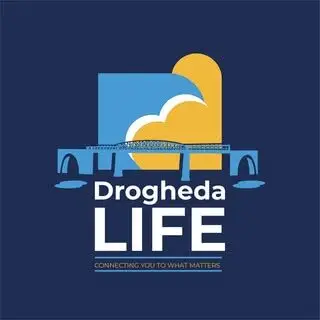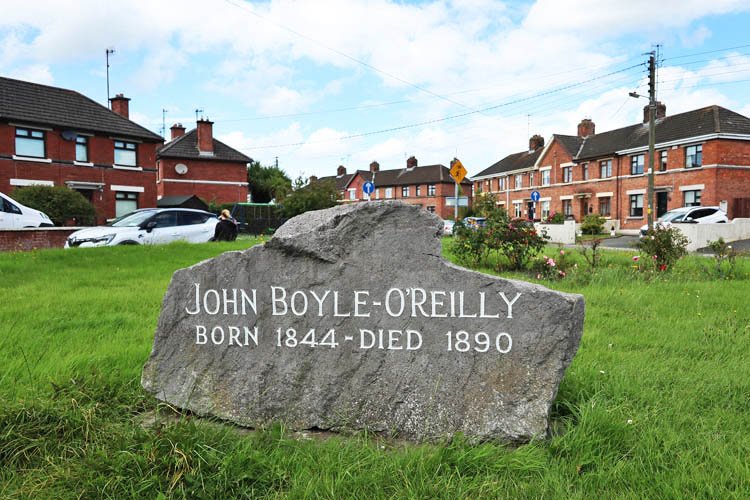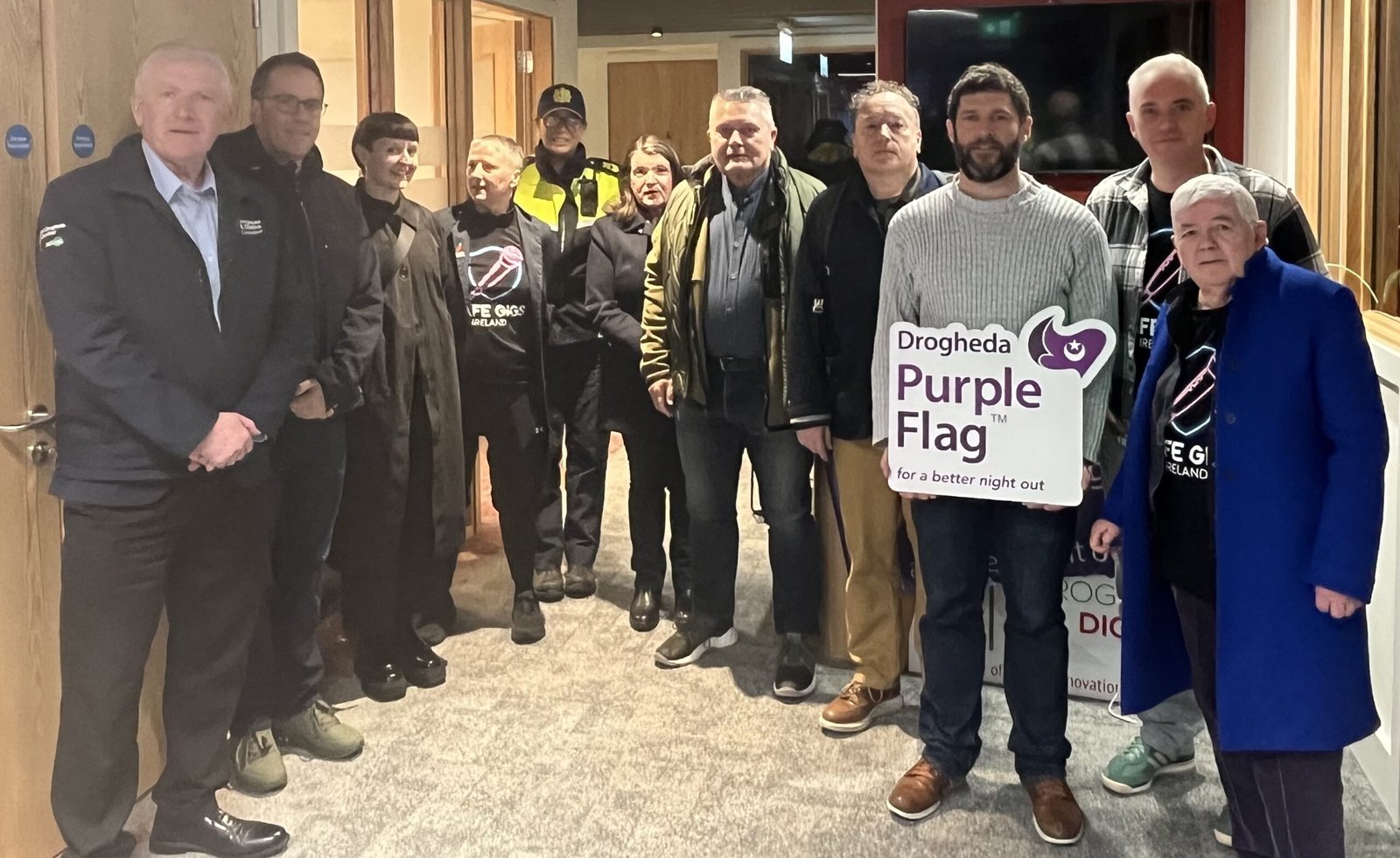By Sean Collins
Today, Saturday 10th August, 2024, marks the 134th anniversary of the death, at the age of 46, in Boston USA of the Fenian patriot and poet, local man John Boyle O’Reilly after whom both Boyle O’Reilly Terrace and O’Raghailligh’s GFC are named.
At a meeting of Drogheda Corporation in March 1941, on the proposal of the then Mayor, Larry Walsh and seconded by Alderman Patrick Byrne, it was agreed that the 26 newly built houses at Gallows Lane would be named Boyle O’Reilly Terrace.
Mayor Walsh said O’Reilly was one of our greatest patriots, a poet, a native of nearby Dowth and a household name in Drogheda. The proposal was agreed unanimously.
His name was very much kept alive in the Drogheda area in the years since his passing by the late Peggy O’Reilly, and her husband Liam, Breeda Tuite, Sean O’ Greagoir, Seamas O’ Maitiu and Larry Grogan.
The Augustinian priest James Anderson, a native of Drogheda, visited O’Reilly in Boston before his untimely death in 1890 and unveiled the Boyle O’Reilly Memorial in Dowth Graveyard in 1903.
O’Reilly was born at Dowth Castle in 1844 where his Father David O’Reilly worked as a schoolteacher in the institute for widows and orphans established there by the Netterville family.

Educated by his father, the young O’Reilly at 11 years of age went to work at the Drogheda Argus on West Street, in the premises now occupied by Boyd’s Stores at 110-111 West Street.
O’Reilly moved to Preston in Lancashire in 1859 where he had an aunt and uncle to support him and went to work on the Preston Guardian newspaper but, in 1863, he returned to Ireland and joined the Huzzars, a British regiment based in Dundalk.
It is believed that it was at this time that O’Reilly first joined the Fenian movement. Although there is the suggestion that he first became influenced while working at the Drogheda Argus which would in the 1860s prove itself to be a hot bed of Fenianism.

At the behest of the Fenian leader John Devoy, O’Reilly began recruiting Irishmen in the army to join the Fenian Brotherhood. His activities were uncovered on the word of an informer and O’Reilly was convicted of treason imprisoned and later deported to Bunbury Prison in Australia for life.
He was transported aboard the “Hougomont”, the last ship to transport Fenian prisoners to Australia.
After two years in prison O’Reilly managed, with the help of a Cavan priest, Fr. Eugene McCabe, to escape aboard an American whaling ship the ‘Gazelle’ first to England and then to Boston USA.

In Boston O’Reilly continued to support the Fenian cause and reported on the Fenian Raids into Canada. In 1870 he joined the staff of the Boston Pilot, the most important Irish-American newspaper of the time.
He later became editor and subsequently owner of the Boston Pilot.
Parallel with his journalistic career he had collections of poetry and other literary works published. He helped John Devoy with the planning of the Catalpa Rescue, liberating the last Fenian prisoners from Australia.






